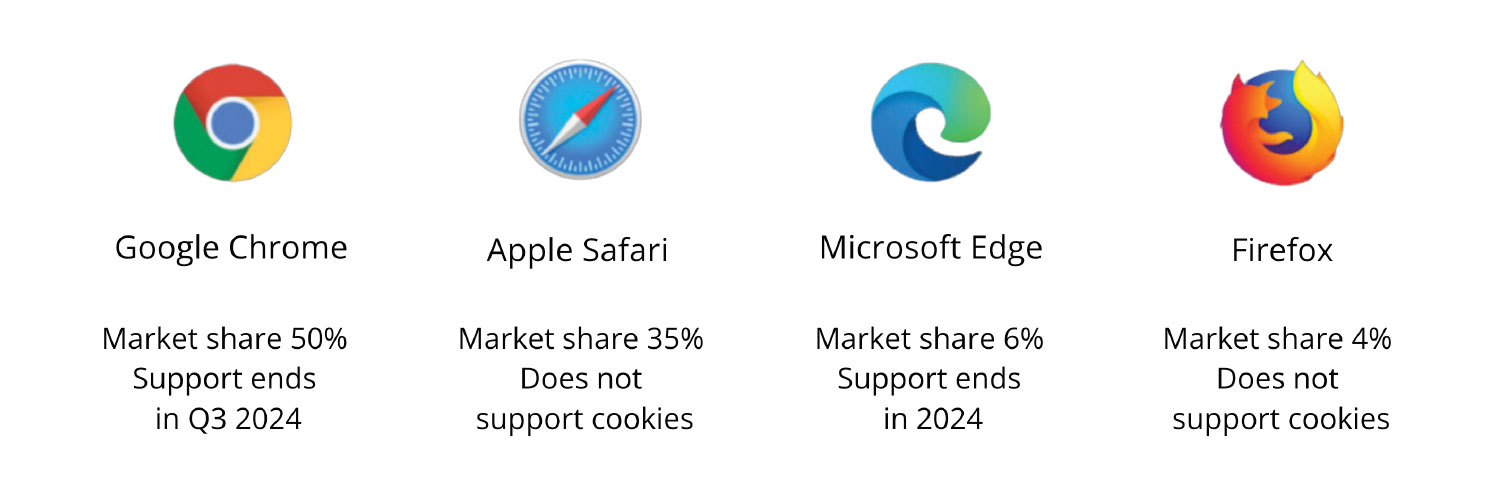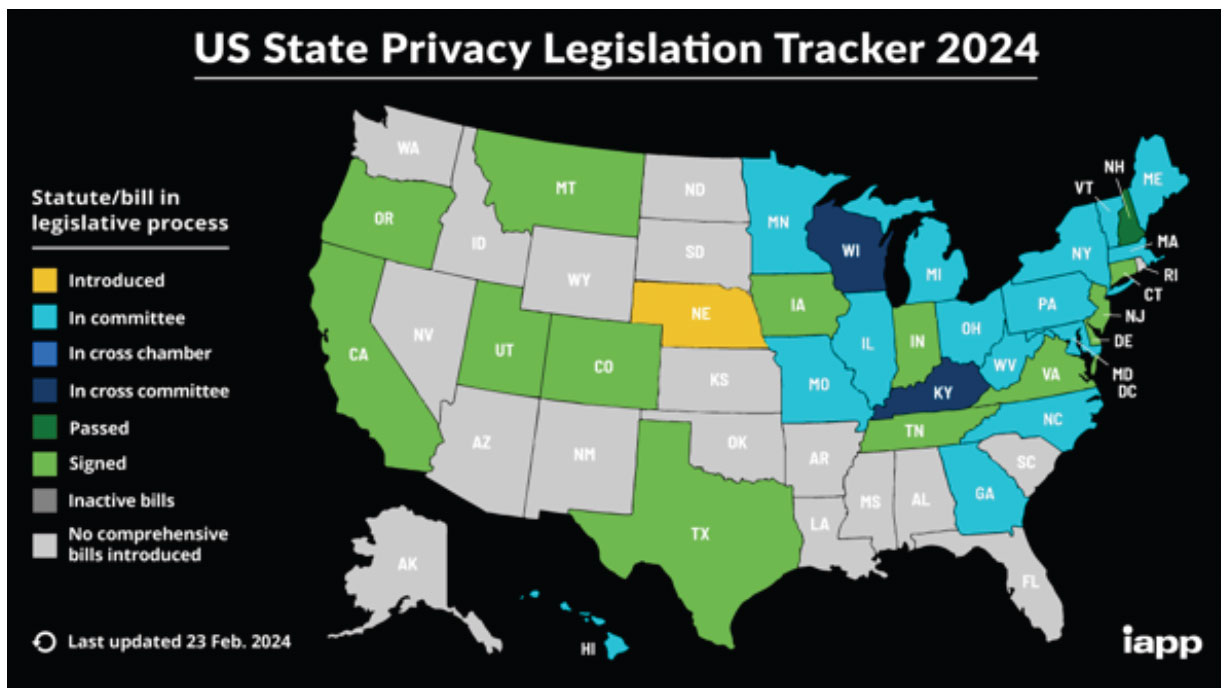Resource Center
When it Comes to Customer Data, Privacy Regulations are Complex and Fines are Large
Type: Blog
Topic: Consent Mgmt

The EU GDPR privacy regulation introduced in 2018 became a bellwether for privacy
regulations and triggered a wave of new privacy laws around collecting and managing customer data across countries, states, and territories. The onslaught of emerging consent and privacy regulations has forced global companies to deploy comprehensive consent, preference, and data strategies to comply with various regulations and avoid substantial fines.
Federal or state-based companies are not exempt. Organizations of all size are expected to comply with relevant legislation.
Compliant solutions must include the ability to collect explicit written consent from consumers when it is required and maintain an auditable archive of those records in the event of an inquiry.
“By 2025, 74% of the world’s population will be protected privacy regulations*”
Spying on customers is a thing of the past. Consumers have had enough. According to a Forrester report, “87% of US online adults use at least one privacy or security tool.” These tools block popups, eliminate display ads, and prevent spyware.
Additionally, all major browsers have ended or will end support for collecting third-party cookies which leads to data scarcity. Third-party cookies are small pieces of code that record which websites and product pages a person visits and places that data on that person’s browser. This data can be used to improve the user experience by remembering that person’s interests. But this data is also used by businesses to serve related advertisements to those people while they are on other sites. Most people are uncomfortable with this level of tracking which drives the need for a well thought out customer data collection strategy.

US Federal & State Privacy Laws: The TCPA, introduced in 2000, was created to protect consumers. It not only requires all companies to honor opt-out requests from anyone that puts their phone number on federal, state, or third-party Do Not Call registries, but also mandates that businesses collect express written consent prior to calling or texting anyone on a mobile device. Complicating matters, many states have crafted their own mini-TCPAs and privacy regulations that further strengthen consumer rights.

The current landscape is fraught with risk. Companies of all sizes and complexity must be aware of compliance requirements that are constantly changing.
Contact PossibleNOW today to discuss how we can help you stay in compliance. Info@PossibleNOW.com
Getting Started is Just a Call Away
-
Difference Between Preferences & Consent
Type: Videos
Topic: Preference Mgmt
-
Data Silos Cause Communication Gaps
Type: Videos
Topic: Preference Mgmt
-
Integrate Do Not Call Compliance with Preferences
Type: Videos
Topic: Preference Mgmt
-
Customer Preferences Require More Than One Flavor
Type: Videos
Topic: Preference Mgmt
-
Give Customers Opt-Down Options
Type: Videos
Topic: Preference Mgmt
-
Preference Center Organization
Type: Videos
Topic: Preference Mgmt
-
Strategic Consultants Benefited Scotiabank
Type: Videos
Topic: Industry Testimonials
-
8 Best Practices for Capturing GDPR Consent
Type: Webinars
-
PossibleNOW Included in Independent Report on Top Emerging Technologies for B2C Marketers
Type: Press
-
PossibleNOW Solutions and Services Help Enterprise Companies Achieve GDPR Compliance
Type: Press
-
Making the Case for Consent and Preference Management
Type: Whitepapers
Topic: Consent Mgmt
Topic: Preference Mgmt
